7 Reasons To Invest In A Taxable Brokerage Account with Shaun Jones
When most people think about saving for retirement, their minds go straight to 401(k)s or IRAs. These tax-advantaged retirement accounts are great tools, no doubt—but what if we told you that one of the most flexible and overlooked ways to build long-term wealth is through a good old-fashioned taxable brokerage account?
Today, I’m joined by my friend and fellow financial advisor Shaun Jones. Shaun is the president of Jones Fiduciary Wealth Management in Rhode Island, has over two decades of experience advising clients, and is also the author of the bestselling book Unbrainwashed Investing. Together, we're diving into why a brokerage account deserves a bigger role in your retirement strategy.
Why Consider a Brokerage Account for Retirement?
As Shaun pointed out, the government sets annual limits on how much you can contribute to retirement accounts. For example, the 401(k) contribution limit in 2025 is $30,500 if you're over 50. Even if you’re self-employed and can contribute more through a solo 401(k) or SEP IRA, you're still capped. Once you've maxed out those options, a brokerage account becomes the logical next step.
Unmatched flexibility
Unlike retirement accounts, which restrict withdrawals until age 59½ (unless you want to pay penalties), brokerage accounts allow you to access your money at any time. That flexibility gives you freedom—whether it’s for a business opportunity, an investment property, or an unexpected emergency.
Shaun also mentioned how having multiple brokerage accounts can help clients compartmentalize. For example, one account might hold equities, another bonds, and another can serve as a high-yield cash reserve with check-writing or debit card access. This approach not only simplifies financial planning but gives clients a tangible sense of control over their money.
Tax Considerations: Yes, They’re Taxable—But That’s Not Always a Bad Thing
A common critique of brokerage accounts is that they’re taxable. You’ll pay taxes on dividends, interest, and realized gains. But as Shaun pointed out, with the right investment strategy, a brokerage account can actually help reduce your lifetime tax burden.
Here’s how:
Long-term capital gains can be taxed at 0% for many retirees, depending on their income level.
Tax-efficient investments like index funds tend to have low turnover and don’t generate a lot of taxable events.
You can strategically realize gains in low-income years to minimize tax impact.
And here’s the kicker: unlike retirement accounts, brokerage accounts aren’t subject to required minimum distributions (RMDs). That gives you more control over when and how you’re taxed.
Shaun summed it up perfectly: “If your tax plan is to pay the least amount of taxes every single year, you're probably not paying the least amount over your lifetime.” In other words, short-term savings may lead to long-term regrets. Smart tax planning is about managing your tax trajectory, not just this year’s return.
Peace of mind through trusted advice - Check out this week’s episode on:
Estate Planning Bonus: The Step-Up in Basis
Here’s a huge win for brokerage accounts when it comes to passing wealth to the next generation: the step-up in cost basis. When you pass away, your heirs receive your investments with a new cost basis based on the asset's value on the date of your death. That means any capital gains you accumulated during your lifetime can be wiped clean for tax purposes—unlike retirement accounts, which your heirs will owe taxes on when they withdraw funds.
That step-up can translate into massive tax savings for your beneficiaries.
Practical Tools for Planning
We also touched on how financial planning tools like eMoney and Holistiplan are helping advisors and clients alike map out tax scenarios and project future effective tax rates. These tools can uncover whether it's smarter to realize capital gains now, convert IRA funds to Roth, or start drawing retirement income early. Spoiler: having a brokerage account almost always opens up more planning options.
Final Thoughts: Don’t Ignore the Brokerage Account
Let’s be clear—we’re not saying skip your 401(k). Pre-tax accounts, Roth IRAs, and even cash balance plans have their place. But if your entire retirement plan is built on tax-deferred accounts, you're likely handing a future tax problem to yourself—or worse, your kids.
A taxable brokerage account is:
Flexible
Liquid
Tax-advantaged (if managed right)
RMD-free
Estate-friendly
And as Shaun put it, “Liquidity is king. If you can get to the money, it just improves your confidence in every decision.”
So if you’ve maxed out your retirement accounts—or you're just looking for more control and flexibility—it might be time to give the humble brokerage account a second look.
If you have a question or topic that you’d like to have considered for a future episode/blog post, you can request it by going to www.retirewithryan.com and clicking on ask a question.
As always, have a great day, a better week, and I look forward to talking with you on the next blog post, podcast, YouTube video, or wherever we have the pleasure of connecting!
Written by Ryan Morrissey
Founder & CEO of Morrissey Wealth Management
Host of the Retire with Ryan Podcast



